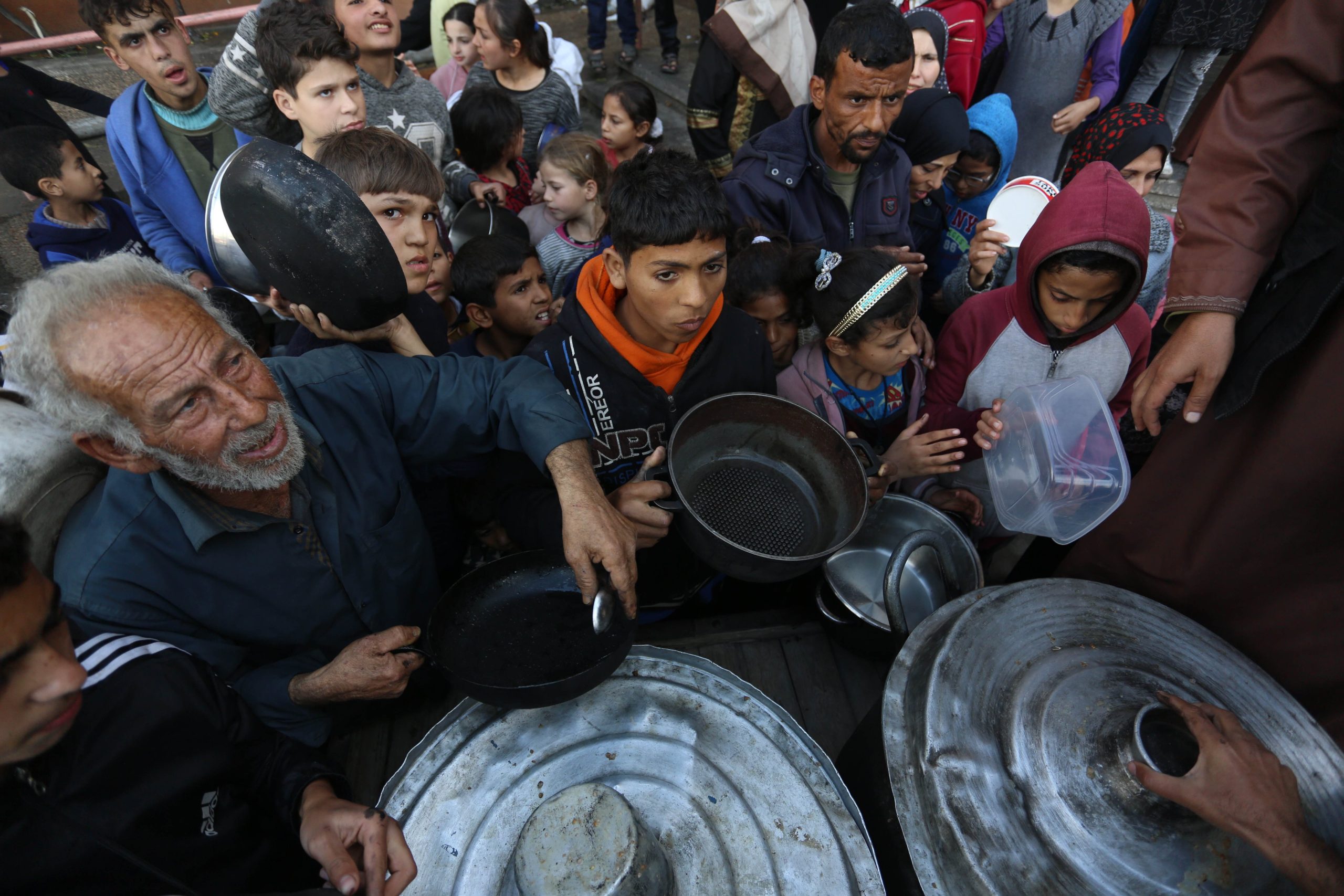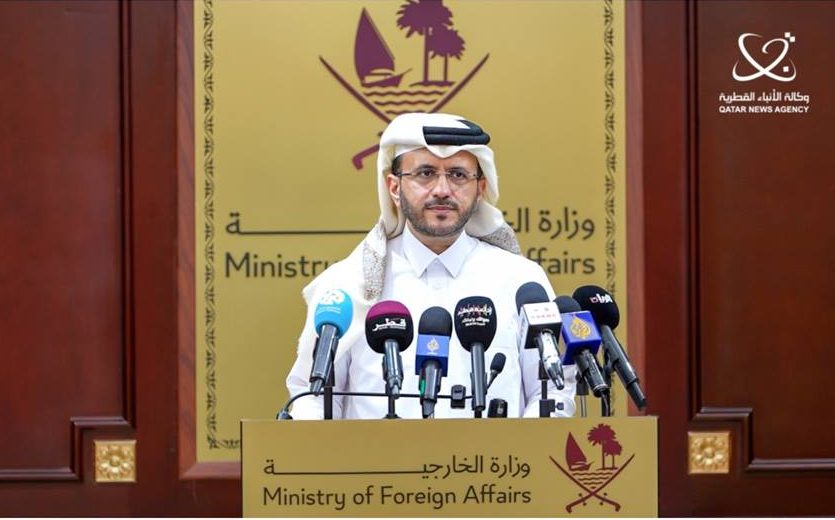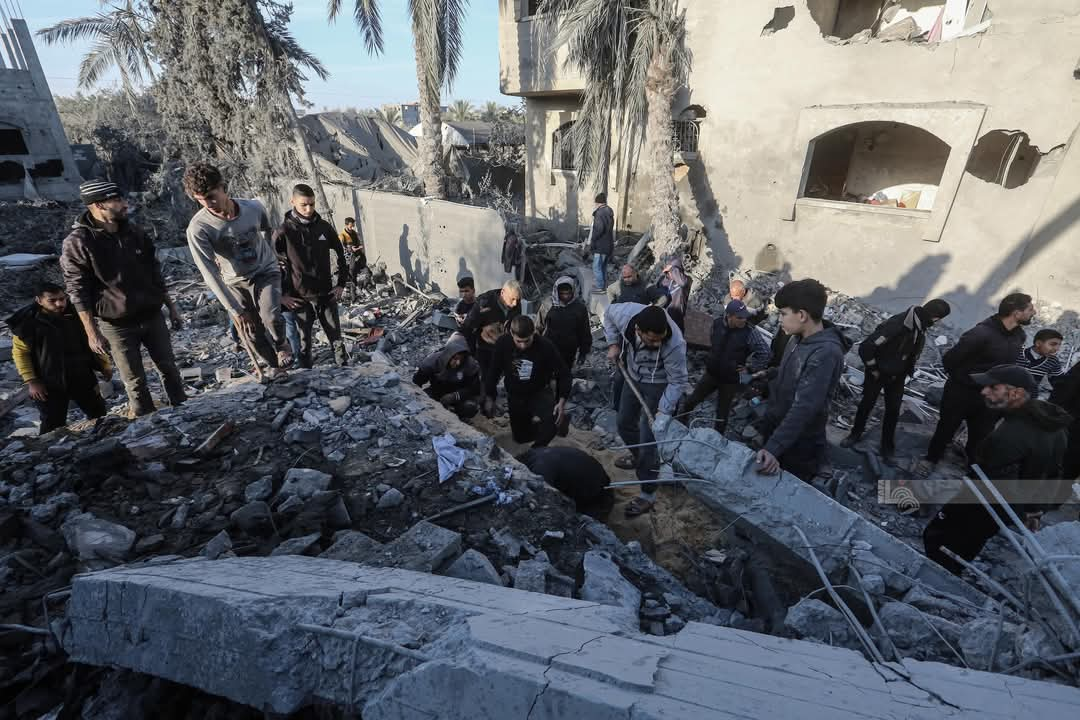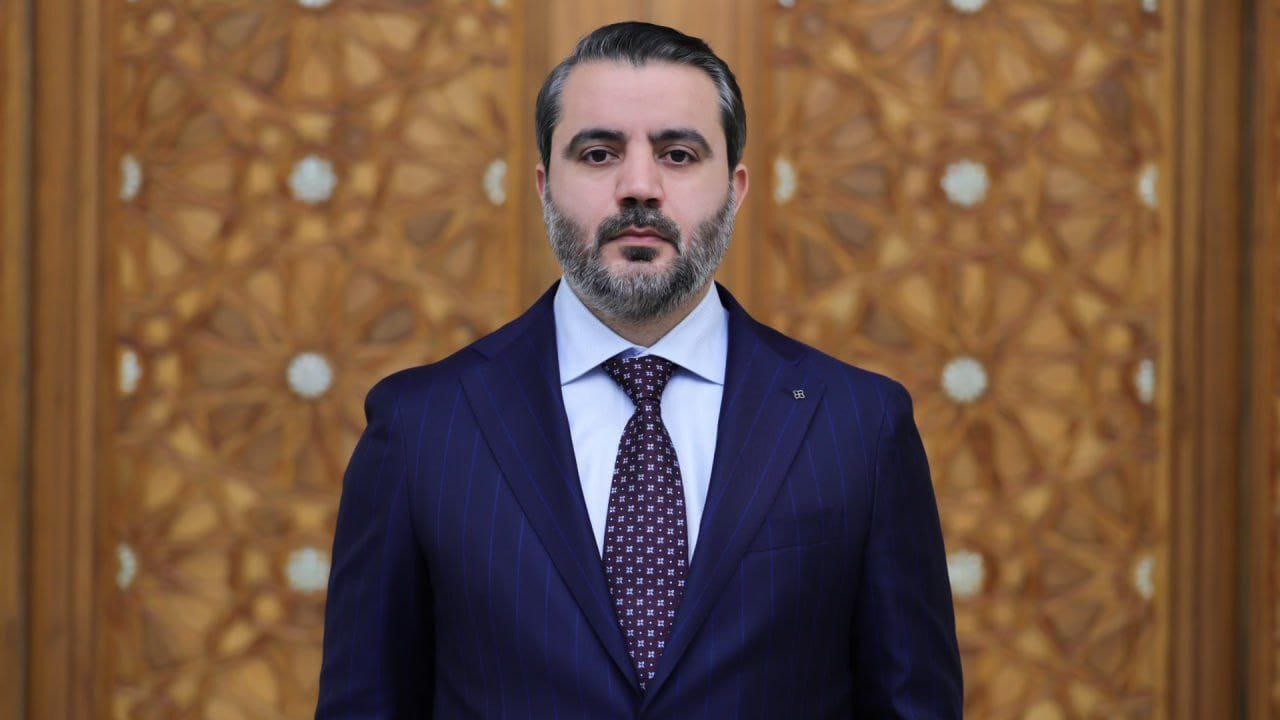The north has since been an isolated territory by Israel and those who fled to the south have not been able to return to the area.
Israel has denied access to around 95% of aid missions from delivering aid to northern Gaza within the first two weeks of January, the United Nations Office for the Coordination of Humanitarian Affairs said in its flash update on Monday.
“Around 95 per cent (18 of 19) of missions involving the allocation of fuel and medicines to water reservoirs, water wells and health facilities in the north of Wadi Gaza have been denied access by Israeli authorities,” OCHA said.
The UN agency said only 24% of the planned missions to deliver aid to the north reached their destination. Israeli authorities mostly denied fuel and medicine aid to reach the area, the UN added.
Israel had ordered approximately 1.1 million people to evacuate northern Gaza to the south on October 12, 2023, and occupation forces raided the Al-Shifa Medical complex, the largest in Gaza, the following month.
The north has since been an isolated territory by Israel and those who fled to the south have not been able to return to the area. Despite the forced evacuation to the south, Israel has continued its relentless bombardment and field executions in all areas of Gaza.
Khan Younis in southern Gaza has been under a barrage of Israeli attacks since late last year, leaving no safe place for Palestinians to take shelter.
The killings and forced displacements come under the Israeli genocide in Gaza, where occupation forces killed more than 24,285 Palestinians in Gaza while injuring 61,154 others.
The war has displaced 1.9 million people out of Gaza’s 2.2 million population, many of whom have been displaced multiple times, according to the UN. Nearly 1.4 million displaced Palestinians have been sheltering in 154 UN-run facilities across Gaza in dire conditions.
The war, coupled with Israel’s complete siege on Gaza, caused a humanitarian catastrophe and the collapse of the local health sector.
Only 15 out of Gaza’s 36 hospitals are partially functioning, including nine in the south and six in the north, according to the World Health Organization.
The hospitals in the south are operating at three times their capacity with a significant shortage of medical supplies and electricity. Medics on the ground are forced to operate on the wounded without anaesthesia and use their mobile phones flashlights.
Gazans have not been able to access the entirety of the foreign aid, which has been piling up at El Arish awaiting Israel’s greenlight to cross over into Gaza through the shared Rafah crossing.
An average 100 of trucks or less have been entering Gaza since the beginning of the hostilities, a figure that is significantly lower than the pre-war daily average of 500 trucks. The trucks awaiting entry include vital food, sanitary and medical supplies.
The World Food Programme, UN Children’s agency, and WHO sounded the alarm on Monday over the risk of deadly diseases in Gaza.
“Every hour lost puts countless lives at risk. We can keep famine at bay but only if we can deliver sufficient supplies and have safe access to everyone in need, wherever they are,” WFP Executive Director Cindy McCain said in a joint statement with UNICEF and WHO.
WHO Director-General, Tedros Adhanom Ghebreyesus, warned that “famine will make an already terrible situation catastrophic because sick people are more likely to succumb to starvation and starving people are more vulnerable to disease.”
The organisations stressed that the entry of aid into Gaza is needed, calling for new entry routes in addition to the Rafah and Karem Abu Salem crossings.
“Humanitarian action is seriously limited by the closure of all but two border crossings in the south and the multi-layered vetting process for trucks coming into Gaza,” the letter added.







